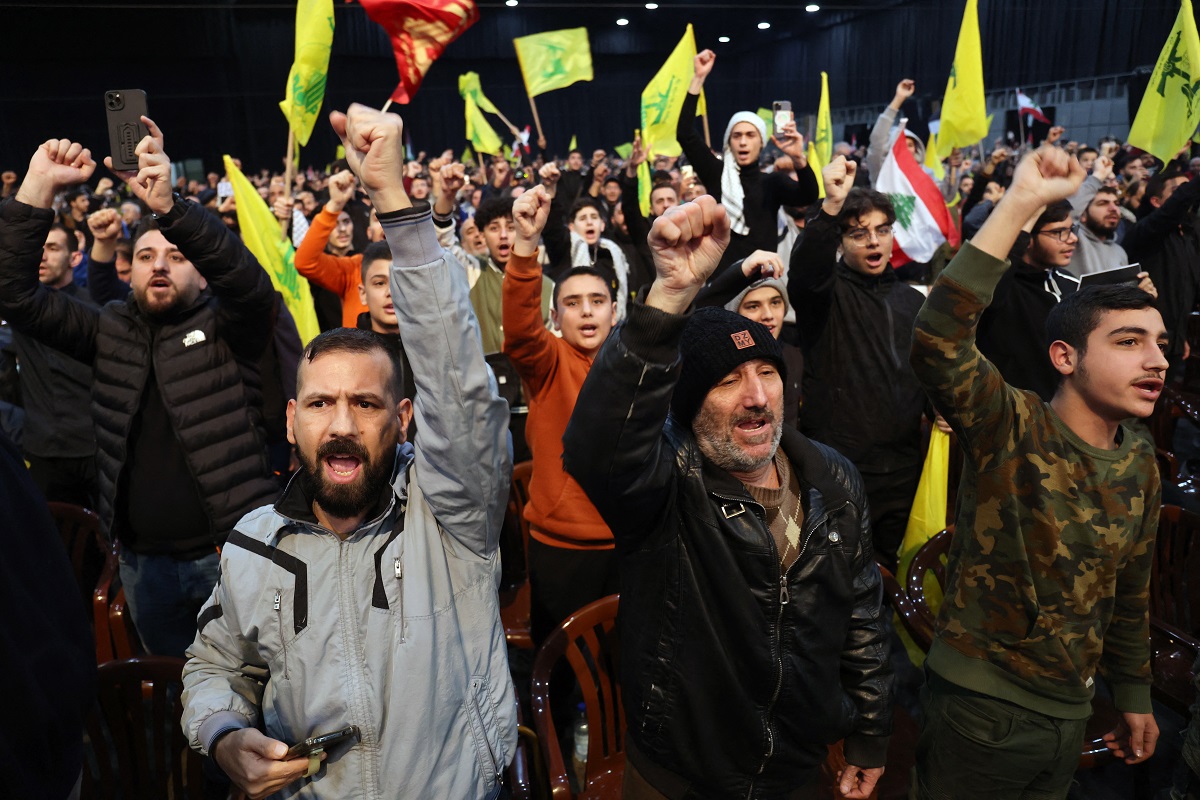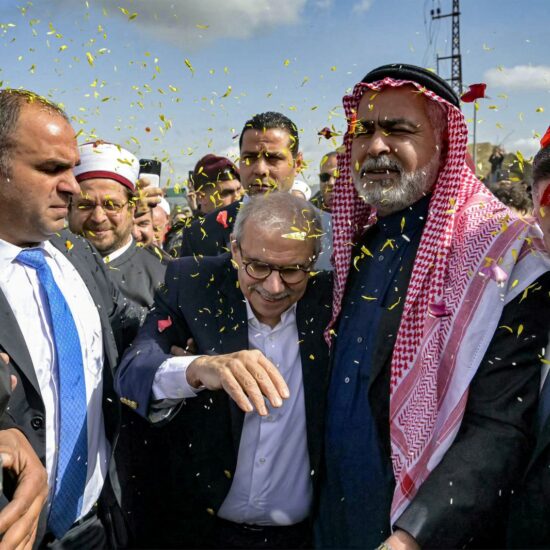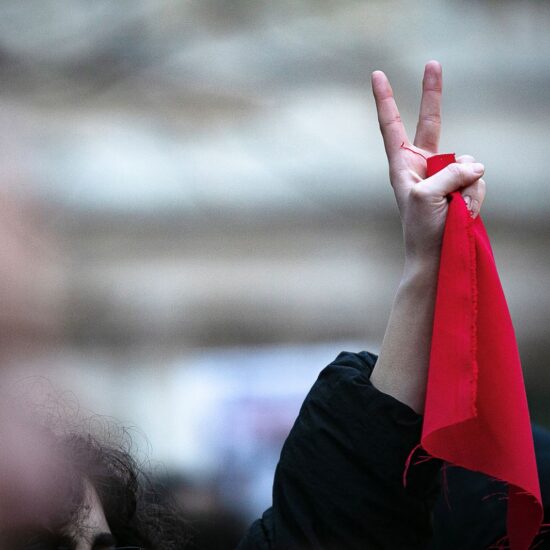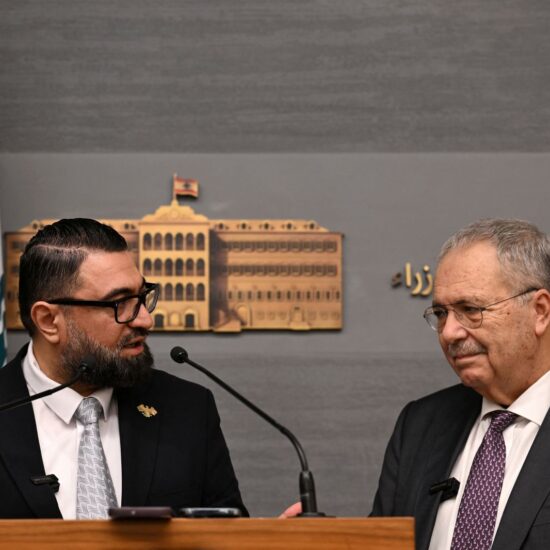
In a region already overwhelmed with political and military conflicts, Lebanon is experiencing a surge in tensions, with Hezbollah playing a central role. This organization, often viewed as a state within a state, extends its influence beyond Lebanon’s borders, significantly impacting regional geopolitics. The recent incident at Beirut airport, where screens displayed anti-Hezbollah messages, highlighted the group’s controversial role and exposed the deep divisions in Lebanese opinion about its influence. This event symbolizes the internal splits within Lebanese society, illustrating the range of views on Hezbollah from strong support to intense opposition. This incident, reflecting wider regional unrest, becomes a microcosm of Lebanon’s complex and polarized situation, a country battling economic crises, political instability, and the effects of a shifting power balance.
The Proposal
In a notable departure from previous positions, recent reports indicate Hezbollah might agree to comply with UN Resolution 1701 in exchange for increased political power. This resolution, calling for the disarmament of all armed groups in Lebanon and defining the border with Israel, could be realized, but at a cost. This development follows a shift in statements from Lebanese officials, particularly Prime Minister Najib Mikati, who now seems prepared to discuss securing Lebanon’s borders. This new openness to dialogue and negotiation marks a turning point in Lebanese politics, suggesting a pathway for Hezbollah to legitimately consolidate its political influence, a move that could reshape Lebanon’s political landscape. However, the specifics of this proposal raise concerns about Lebanon’s long-term sovereignty and internal stability, given Hezbollah’s substantial existing influence.
The Risks of More Power to Hezbollah
Granting Hezbollah more political power in Lebanon, as a deal for adhering to UN Resolution 1701, might seem a strategic move to alleviate immediate regional conflicts. However, this approach entails significant risks that could lead to long-term instability in Lebanon. Hezbollah, already a dominant force, could disrupt the delicate balance of power within the country. Such a shift could intensify the already polarized views in Lebanese society, alienate a large portion of the population, exacerbate political divisions, and potentially incite social unrest. Additionally, Hezbollah’s strengthened political position could impede the government’s ability to enact reforms and maintain autonomy from external influences, notably Iran, impacting Lebanon’s foreign relations, especially with Western and Gulf states, and potentially further isolating Lebanon economically and politically.
The Internal Dynamics and Hezbollah’s Challenges
Hezbollah’s potential increase in legitimate influence within Lebanon’s complex political landscape brings various internal challenges. As dynamics veer towards polarization, Hezbollah’s ability to navigate these issues will be key to the country’s stability. Expanding Hezbollah’s political role requires addressing the concerns of a deeply divided society, split between supporters of Hezbollah’s resistance narrative and critics of its role in Lebanon’s socio-political and economic crises. Failure to address these grievances and bridge divides could lead to further fragmentation of Lebanese society. Moreover, Hezbollah’s deep ties with Iran and involvement in regional conflicts place it at the center of international attention. Balancing these external associations with Lebanese aspirations will be a critical test. Missteps in this balance could heighten domestic tensions, isolate Lebanon internationally, and open doors to unforeseen consequences.
Ultimately, Hezbollah’s potential enhanced role in Lebanon’s governance raises concerns. Its success in managing local and regional challenges will determine if it becomes a stabilizing force or further destabilizes an already fragile nation.
Ramzi Abou Ismail is a political psychologist and researcher at the University of Kent.








